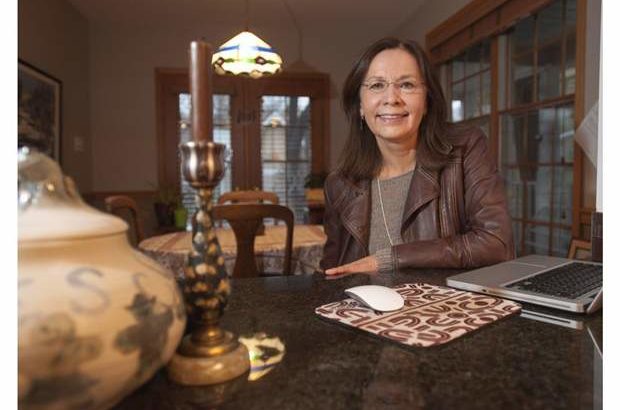Oceania/ Australia/ Source: www.theguardian.com.
Australian history teachers want to cover the history of massacres against Indigenous people during the colonial era but are squeezed for time in an already overcrowded curriculum, educators say.
On Monday, Guardian Australia launched a special report entitled The Killing Times, which details a record of state-sanctioned slaughter including mass shootings, poisonings and families driven off cliffs.
A Macquarie University senior research fellow, Kevin Lowe, said the topic was “scantily” covered in New South Wales and Queensland schools.
“It’s an issue that goes directly to the heart of the inability of the nation to come to terms with a history which they aren’t willing to own,” he told the Guardian.
“You talk to students and say, ‘When was the last massacre in Australia?’ and they are gobsmacked to realise there were massacres in Australia right through the 1920s. People say, ‘Nah, nah, nah, that can’t be true.’”
Lowe, a Gubbi Gubbi man from south-east Queensland, is a former history teacher and curriculum evaluator in NSW and Queensland. “There is the capacity for teachers to teach this stuff,” he said. “What’s missing is the narrative that goes with it.”
The History Teachers Association of Victoria executive officer, Deb Hull, said when it came to coverage of the frontier wars in classrooms, the problem wasn’t the curriculum but limited time.
“History is being squeezed out,” Hull said. “A lot of schools will say, ‘We’re all about Stem’ [Science, technology, engineering, and mathematics].’ Then everybody looks surprised when people don’t know the history of their nation.”
She said it would be possible for the massacres to be mentioned in passing but it depended on individual schools as to how they were covered.
“Teachers really want to teach this well, there’s a real desire to be part of this truth-telling,” she said. “The resistance is not coming from history teachers.”
The former prime minister John Howard railed against students being taught a “black armband view of history”, but Hull said that was inaccurate.
History teachers were rather trying to teach young people to look through a historical lens, examine evidence, weigh up its significance and consider different perspectives.
“You go into it [asking] ‘What can we know and how can we know it?’” she said. “It’s not to make them feel bad or not to make them feel good.
“One of the great dangers is when you want history teachers to teach values. That’s an utterly inappropriate thing for a history teacher to do.”
A Deakin University genocide studies scholar, Donna-Lee Frieze, said in the past 12 years she had observed a lack of prior knowledge among her students at tertiary level.
“The majority of students who come into my unit on the genocide or the Holocaust have complained they have not been taught about the Indigenous massacres or the stolen generations, in particular, during their school years,” Frieze said.
Canada is the star example of a country covering its history of genocide against its indigenous people well, Frieze said.
Sophie Rudolph, from the University of Melbourne’s graduate school of education, said it would be possible to complete 12 years of education without hearing about the massacres.
It was important to consider who was teaching the content in classrooms, she said, and how they were teaching it.
“Is it non-Indigenous people [doing the teaching] and what kind of ethical dilemmas does that raise in terms of whether that content is treated respectfully and in a way that Aboriginal and Torres Strait Islander communities would be happy with?”
Source of the notice: https://www.theguardian.com/australia-news/2019/mar/05/school-students-left-ignorant-of-indigenous-massacres-history-teachers-say








 Users Today : 154
Users Today : 154 Total Users : 35403991
Total Users : 35403991 Views Today : 191
Views Today : 191 Total views : 3333437
Total views : 3333437